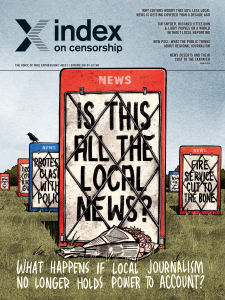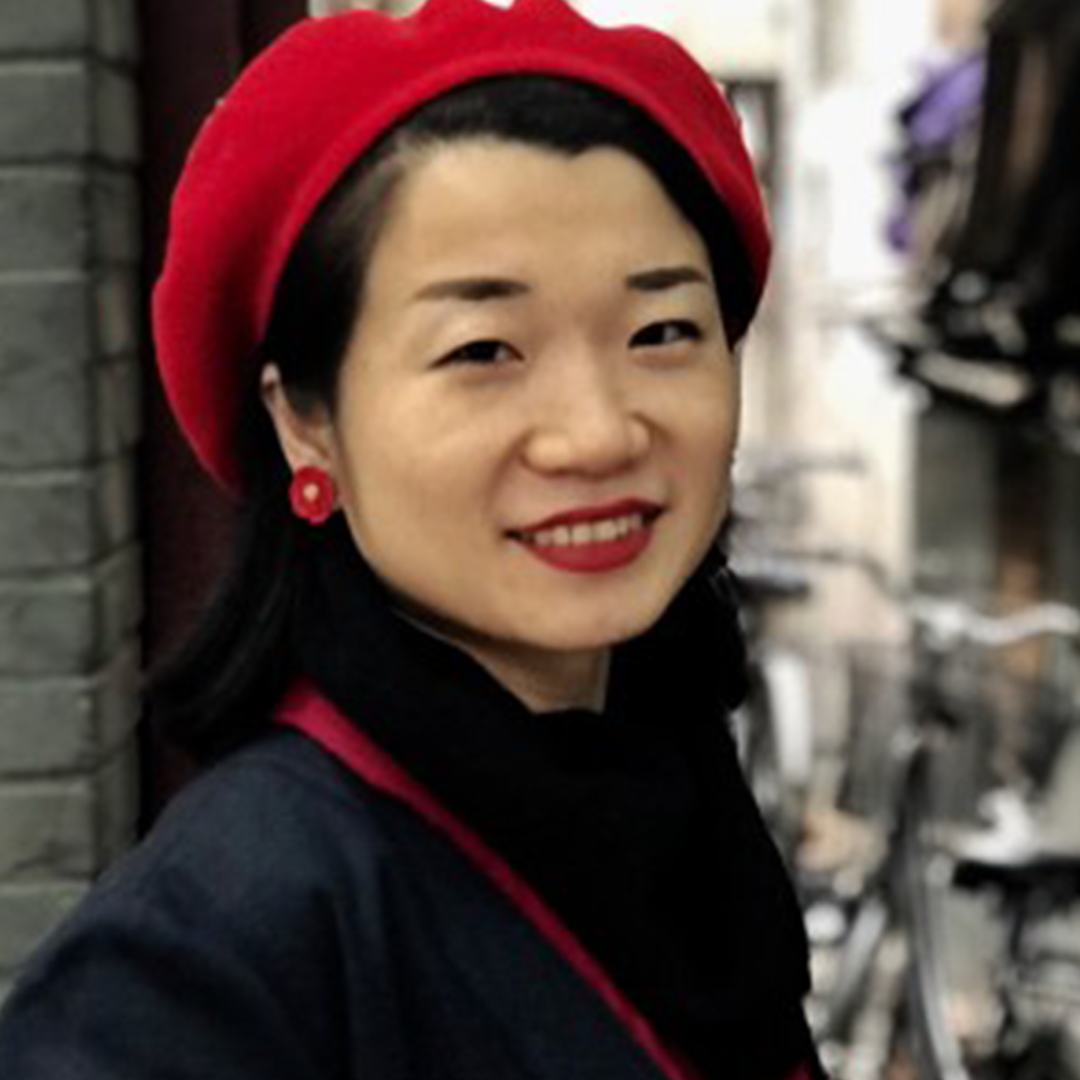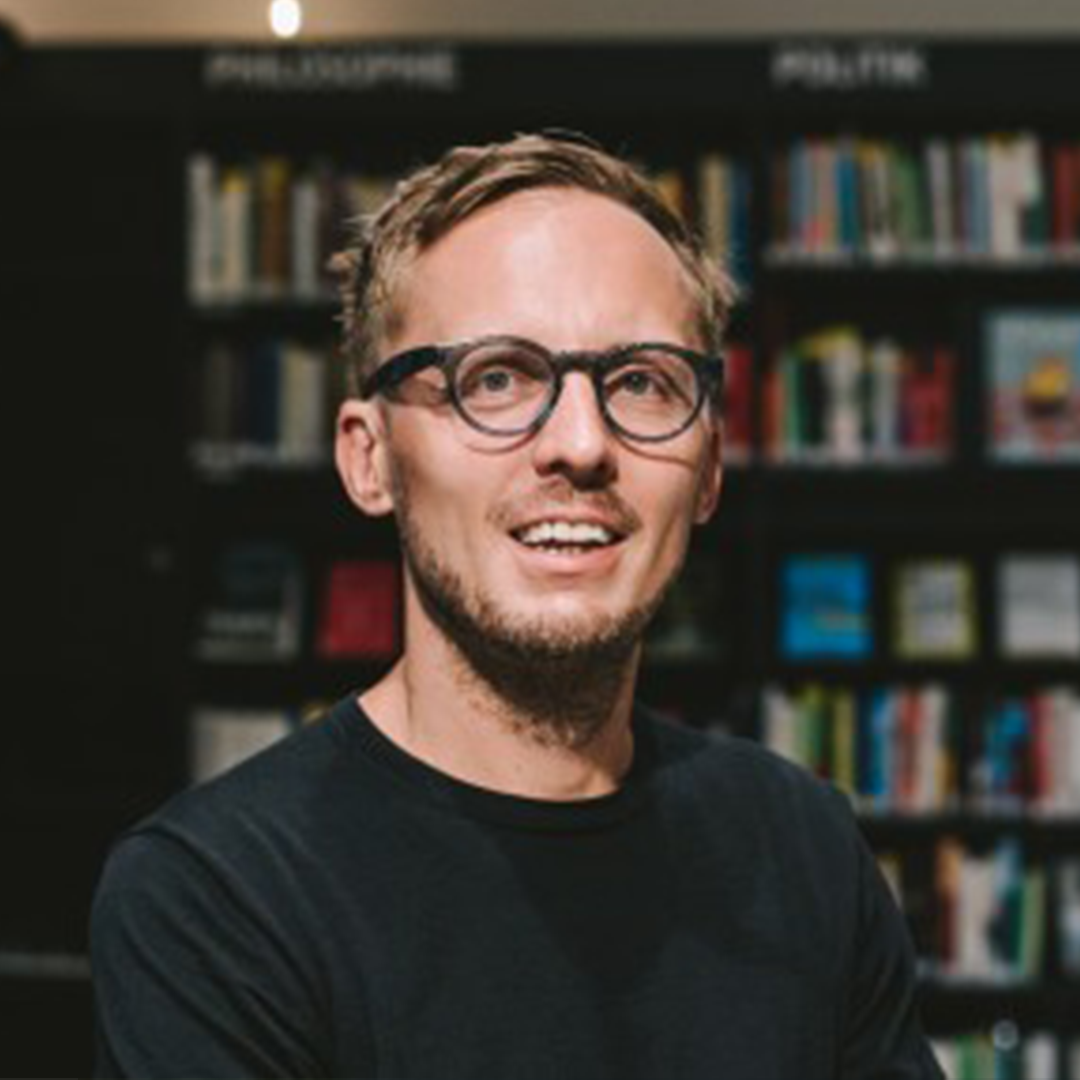27 Mar 2019 | Magazine, Magazine Editions, Volume 48.01 Spring 2019
Writer
Karoline Kan writes about China for Index on Censorship magazine. She is an editor at China Dialogue and her first work of non-fiction Under Red Skies: Three Generations of Life, Loss and Hope in China was published in March 2019
Novelist
Michal Hvorecký is a Slovakian novelist and short story writer. His latest novel Troll was published in 2017 in Slovakian. His books have been translated into eleven languages. He is based in Bratislava, Slovakia
Author
Andrew Morton is a best-selling celebrity author and royal biographer. His books include Diana, Tom, Angelina, Monica, and Duchess of Windsor. He started his career in local newspapers
26 Mar 2019 | Magazine, Magazine Editions, Volume 48.01 Spring 2019
[vc_row][vc_column][vc_custom_heading text=”With contributions from Richard Littlejohn, Libby Purves, Michal Hvorecký, Karoline Kan, Andrew Morton, Jeffrey Wasserstrom, Rituparna Chatterjee and Julie Posetti”][/vc_column][/vc_row][vc_row][vc_column][vc_column_text]

Is this all the local news? The spring 2019 issue of Index on Censorship magazine.
The spring 2019 edition of Index on Censorship looks at local news in the UK and around the world and what happens when local journalism no longer holds power to account.
Our exclusive survey of editors and journalists in the UK shows that 97% are worried that local newspapers don’t have the resources any more to hold power to account. Meanwhile the older population tell us they are worried that the public is less well informed than it used to be. Local news reporting is in trouble all over the world. In the USA Jan Fox looks at the news deserts phenomenon and what it means for a local area to lose its newspaper. Karoline Kan writes from China about how local newspapers, which used to have the freedom to cover crises and hold the government to account, are closing as they come increasingly under Communist Party scrutiny. Veteran English radio journalist Libby Purves tells editor Rachael Jolley that local newspapers in the UK used to give a voice to working-class people and that their demise may have contributed to Brexit. In India Rituparna Chatterjee finds a huge appetite for local news, but discovers, with some notable exceptions, that there is not enough investment to satisfy demand. “Fake news” is on the rise, and journalists are vulnerable to bribery. Meanwhile Mark Frary examines how artificial intelligence is being used to write news stories and asks whether this is helping or hindering journalism. Finally an extract from the dystopian Slovak novel Troll, Michal Hvorecký published in English for the first time imagines an outpouring of state-sponsored hate
[/vc_column_text][/vc_column][/vc_row][vc_row][vc_column][vc_custom_heading text=”Special Report: Is this all the local news?”][/vc_column][/vc_row][vc_row][vc_column][vc_column_text]
The future is robotic by Mark Frary Would journalists have more time to investigate news stories if robots did the easy bits?
Terrorising the truth by Stephen Woodman Journalists on the US border are too intimidated by drug cartels to report what is happening
Switched off by Irene Caselli After years as a political football, Argentinian papers are closing as people turn to the internet for news
News loses by Jan Fox Thousands of US communities have lost their daily papers. What is the cost to their area?
Stripsearch by Martin Rowson On the death of local news
What happens when our local news disappears by Tracey Bagshaw How UK local newspapers are closing and coverage of court proceedings is not happening
Who will do the difficult stories now? by Rachael Jolley British local newspaper editors fear a future where powerful figures are not held to account, plus a poll of public opinion on journalism
“People feel too small to be heard” by Rachael Jolley Columnist Libby Purves tells Index fewer working-class voices are being heard and wonders whether this contributed to Brexit
Fighting for funding by Peter Sands UK newspaper editors talk about the pressures on local newspapers in Britain today
Staying alive by Laura Silvia Battaglia Reporter Sandro Ruotolo reveals how local news reporters in southern Italy are threatened by the Mafia
Dearth of news by Karoline Kan Some local newspapers in China no longer dig into corruption or give a voice to local people as Communist Party scrutiny increases
Remote controller by Dan Nolan What happens when all major media, state and private, is controlled by Hungary’s government and all the front pages start looking the same
Rocky times by Monica O’Shea Local Australian newspapers are merging, closing and losing circulation which leaves scandals unreported
[/vc_column_text][/vc_column][/vc_row][vc_row][vc_column][vc_custom_heading text=”Global View”][vc_column_text]
[/vc_column_text][/vc_column][/vc_row][vc_row][vc_column][vc_custom_heading text=”In Focus”][vc_column_text]
Turning off the searchlights by Alessio Perrone The Italian government attempts to restrict coverage of the plight of refugees crossing the Mediterranean
Standing up for freedom Adam Reichardt A look at Gdańsk’s history of protest and liberalism, as the city fights back after the murder of mayor Paweł Adamowicz
After the purge by Samuel Abrahám and Miriam Sherwood This feature asks two writers about lessons for today from their Slovak families’ experiences 50 years ago
Fakebusters strike back by Raymond Joseph How to spot deep fakes, the manipulated videos that are the newest form of “fake news” to hit the internet
Cover up by Charlotte Bailey Kuwaiti writer Layla AlAmmar discusses why 4,000 books were banned in her home country and the possible fate of her first #MeToo novel
Silence speaks volumes by Neema Komba Tanzanian artists and musicians are facing government censorship in a country where 64 new restrictions have just been introduced
[/vc_column_text][/vc_column][/vc_row][vc_row][vc_column][vc_custom_heading text=”Culture”][vc_column_text]
The year of the troll by Michal Hvorecký This extract from the novel Troll describes a world where the government controls the people by spewing out hate 24 hours a day
Ghost writers by Jeffrey Wasserstrom The author and China expert imagines a fictional futuristic lecture he’s going to give in 2049, the centenary of Orwell’s Nineteen Eighty-Four
Protesting through poetry by Radu Vancu Verses by one of Romania’s most renowned poets draw on his experience of anti-corruption protests in Sibiu
[/vc_column_text][/vc_column][/vc_row][vc_row][vc_column][vc_custom_heading text=”Column”][vc_column_text]
[/vc_column_text][/vc_column][/vc_row][vc_row][vc_column][vc_custom_heading text=”Endnote”][vc_column_text]
Press freedom: EU blind spot? By Sally Gimson Many European countries are violating freedom of the press; why is the EU not taking it more seriously?
[/vc_column_text][/vc_column][/vc_row][vc_row][vc_column width=”1/3″][vc_custom_heading text=”Subscribe”][vc_column_text]In print, online, in your mailbox, on your iPad.
Subscription options from £18 or just £1.49 in the App Store for a digital issue.
Every subscriber helps support Index on Censorship’s projects around the world.
 SUBSCRIBE NOW[/vc_column_text][/vc_column][vc_column width=”1/3″][vc_single_image image=”105481″ img_size=”medium”][/vc_column][vc_column width=”1/3″][vc_custom_heading text=”Listen”][vc_column_text]The spring 2019 magazine podcast, featuring interviews with editor of chinadialogue, Karoline Kan; director of the Society of Editors in the UK Ian Murray and co-founder of the Bishop’s Stortford Independent, Sinead Corr. Index youth board members Arpitha Desai and Melissa Zisingwe also talk about local journalism in India and Zimbabwe
SUBSCRIBE NOW[/vc_column_text][/vc_column][vc_column width=”1/3″][vc_single_image image=”105481″ img_size=”medium”][/vc_column][vc_column width=”1/3″][vc_custom_heading text=”Listen”][vc_column_text]The spring 2019 magazine podcast, featuring interviews with editor of chinadialogue, Karoline Kan; director of the Society of Editors in the UK Ian Murray and co-founder of the Bishop’s Stortford Independent, Sinead Corr. Index youth board members Arpitha Desai and Melissa Zisingwe also talk about local journalism in India and Zimbabwe
LISTEN HERE[/vc_column_text][/vc_column][/vc_row]







![]() SUBSCRIBE NOW[/vc_column_text][/vc_column][vc_column width=”1/3″][vc_single_image image=”105481″ img_size=”medium”][/vc_column][vc_column width=”1/3″][vc_custom_heading text=”Listen”][vc_column_text]The spring 2019 magazine podcast, featuring interviews with editor of chinadialogue, Karoline Kan; director of the Society of Editors in the UK Ian Murray and co-founder of the Bishop’s Stortford Independent, Sinead Corr. Index youth board members Arpitha Desai and Melissa Zisingwe also talk about local journalism in India and Zimbabwe
SUBSCRIBE NOW[/vc_column_text][/vc_column][vc_column width=”1/3″][vc_single_image image=”105481″ img_size=”medium”][/vc_column][vc_column width=”1/3″][vc_custom_heading text=”Listen”][vc_column_text]The spring 2019 magazine podcast, featuring interviews with editor of chinadialogue, Karoline Kan; director of the Society of Editors in the UK Ian Murray and co-founder of the Bishop’s Stortford Independent, Sinead Corr. Index youth board members Arpitha Desai and Melissa Zisingwe also talk about local journalism in India and Zimbabwe